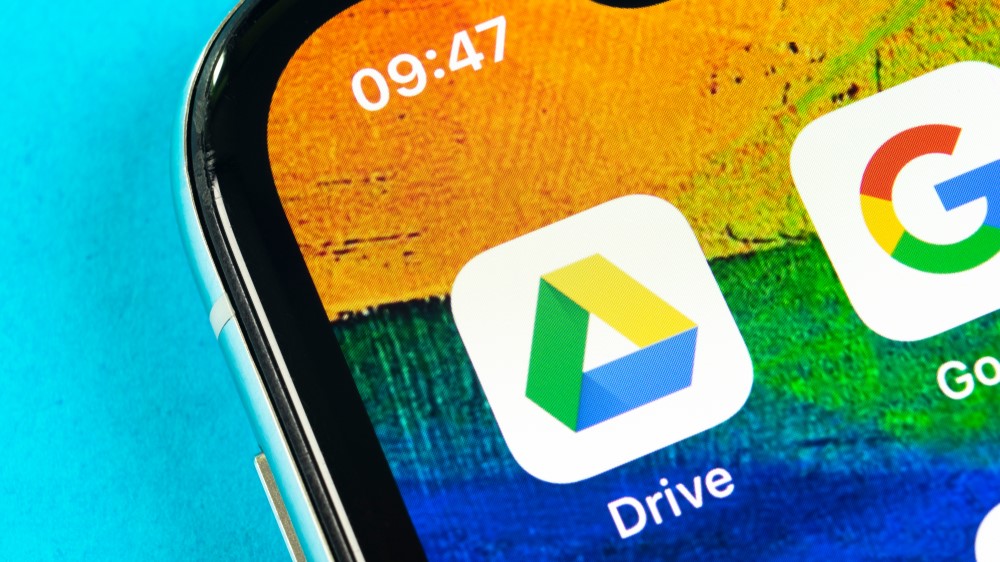Google says Gmail, Drive, Photos files could be deleted within three years
Google has started notifying users by email that its new cloud storage policy will go into effect in June of next year

Sign up for breaking news, reviews, opinion, top tech deals, and more.
You are now subscribed
Your newsletter sign-up was successful
Google has begun notifying users of its Gmail, Google Photos and Google Drive services that their content could be permanently deleted soon.
In an email sent to users that had previously used one or more of the affected products in their Google Account cloud storage, the company warned users about its cloud storage policy changes that will go into effect on June 1, 2021.
Users that don't abide by the changes to Google's cloud storage policy could see their private content deleted from its servers. However, the company has said that it will notify users multiple times before it removes any content which will give them ample time to adhere to the new policy.
- We've built a list of the best cloud storage for photos right now
- Here's our list of the best portable SSDs available
- Check out our list of the best cloud backup services around
According to Google, accounts will only be targeted if they have not been used for two years or if a user exceeds their storage limit for two years.
Upgrade or backup
As Google's new rules won't go into effect until June 2021 and won't come into force until June 21, 2023, users have more than enough time to either upgrade to a higher tier plan or backup the photos, documents and files they want to save.
The search giant will continue to offer 15GB of free cloud storage across Gmail, Drive and Photos with every Google Account. If you're concerned about reaching this limit or just want to see how much storage you've used across all of the Google services you use, you can visit this page for a full breakdown as well as an estimate as to how long it will take you to use all of your allotted storage.
From here, you can either upgrade to a higher tier Google One plan for $19.99 per year for 100GB, $2.99 per month for 200GB, $9.99 per month for 2TB or $49.99 for 10TB or check out one of the best cloud storage services instead. Alternatively, you can also use a cloud backup solution for files you want to keep but don't regularly access.
Sign up to the TechRadar Pro newsletter to get all the top news, opinion, features and guidance your business needs to succeed!
- Check out our list of the best USB flash drives around
Via Express
After working with the TechRadar Pro team for the last several years, Anthony is now the security and networking editor at Tom’s Guide where he covers everything from data breaches and ransomware gangs to the best way to cover your whole home or business with Wi-Fi. When not writing, you can find him tinkering with PCs and game consoles, managing cables and upgrading his smart home.
